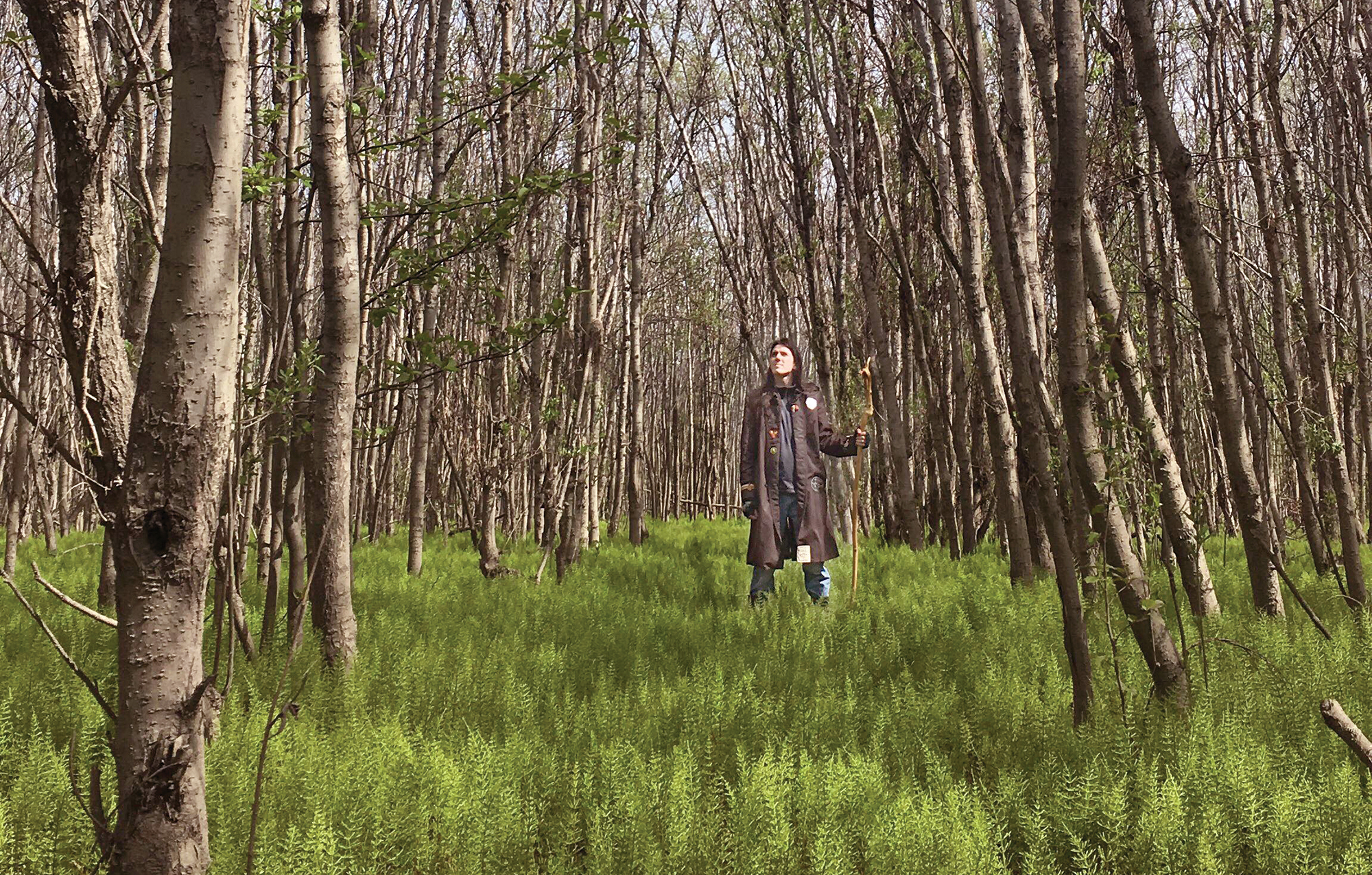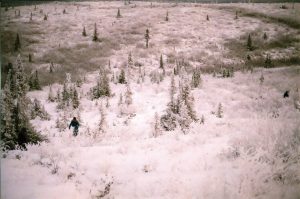The drive to succeed: supporting students in the Northwest Territories
Story

Following a teaching assistant placement in the Northwest Territories, recent Cuso International alumnus Nathan Burrows is going back to school himself. Having studied and worked in mechanical engineering for a while, it was time for a change.
“I was trying to think of a way I could use my degree to still do something I enjoyed, and I remembered my physics teacher in high school had a bachelor’s in mechanical engineering,” said Nathan. “I had a lot of really amazing teachers over the years, so if I could be that to someone else that would great.”
The 23-year-old Algonquin First Nations man will be attending the University of Ottawa this fall to get his teaching degree.
Preparing for his career change, Nathan remembered how Cuso International placements transformed the lives of his uncle and a family friend. Former executive fundraiser Julia Magnuson-Ford spent two years volunteering in Jamaica, where she continues to live six months a year. Nathan’s uncle, Dennis Tessier, lived and worked in Tanzania for 12 years following his placement. He co-founded ARTI Energy Ltd., a renewable energy social enterprise that serves clients in East Africa.

Fort McPherson, NT.
“Cuso International placements totally changed their lives,” said Nathan. So when he saw the placement for a teaching assistant up north, he didn’t hesitate.
He spent 10 months living in the small community of Fort McPherson—population 900—and worked as an in-class facilitator for high school students taking academic courses at Chief Julius School.
With less than 100 students in junior kindergarten to Grade 12, the school doesn’t have the resources to staff university-required courses. Instead, students who need academic credits take online classes broadcast by teachers at the large school in Inuvik.
The four students Nathan worked with over the course of the school year were smart, capable and definitely going places, he said. “They just had the drive to succeed in an academic setting, and so we put them in a place where they would get the most reward out of their work.”
Principal Shirley Snowshoe-Peterson said Nathan fit in with the students, staff and community, describing him as a “great volunteer and someone who is quite happy with what he was doing.”
When he wasn’t working directly with the academic students, he helped teach math and music theory, and created an entire 3D printer course with handouts, tests and lesson plans to be used at schools throughout the Northwest Territories.
“The volunteers this year have been fantastic,” said Will Logan, IT consultant for the school board and volunteer coordinator in Fort McPherson, Aklavik and Tuktoyaktuk. “I know the schools were very pleased.”
A different reality
Fort McPherson is a beautiful town and the residents are welcoming, Nathan said. He joined the special events committee, helping to raise funds for dances and feasts, and assisted with weekly Bingo.
“People are very hospitable up there. They want to see your face at community events,” he said, adding one of the best parts of his placement was the opportunity to connect with the land.
“I remember one night we all went out, drove to the hills just outside of town, dead of winter. We dug a circle into the snow, had a little fire, and we just laid down on the ground and watched the northern lights overhead. The ability to just do that—that was something I’m very much going to miss.”
But, he continued, the intergenerational trauma from residential schools is still incredibly fresh. The last residential school in the area, Grollier Hall, only closed in 1996.
“It’s a different reality up there,” he said. “Anybody in their 30s has spent a few years in residential schools. So there are those signs of trauma.”
The historic injustices Indigenous peoples have suffered due to colonization has been and continues to be a barrier to their right to pursue development in a way that meets their needs. Working alongside Indigenous partners, Cuso International volunteers are helping to improve the education outcomes for Indigenous children and youth in Northern Canada.
“We’re getting students to a place where their hard work is really going to give them the most opportunity,” said Nathan. “Education matters to them.”